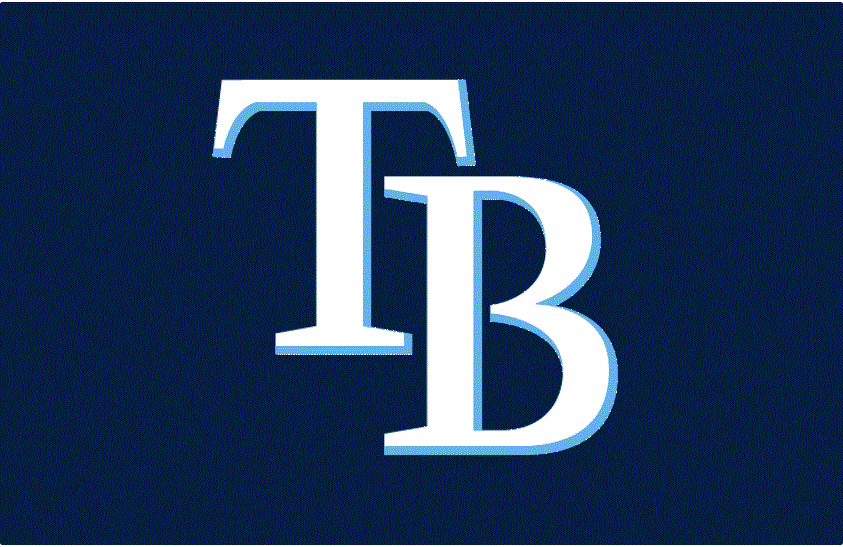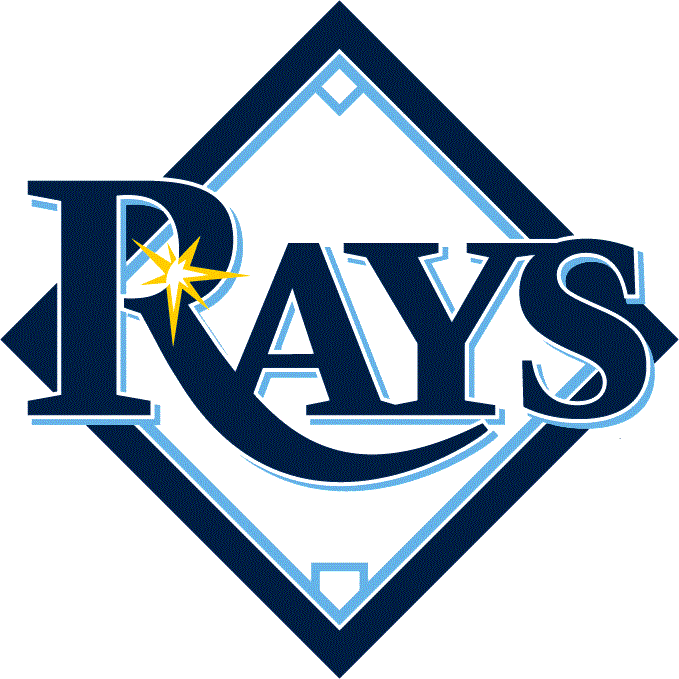
28 Seasons of the Tampa Bay Rays
World Series
Champions
N/A
2008
2020
American League
Pennants
Cy Young Award
Winners
2012 - David Price
Rookies of the Year
2008 - Evan Longoria
2011 - Jeremy Hellickson
2013 - Wil Myers
The American League has generally chosen it's expansion cities according to one of two considerations: 1) matching a previous National League move into a previously untapped market (i.e. southern California and Canada) or 2) the need to stem real or potential legal entanglements due to having let clubs leave cities in the past (i.e. Kansas City and Seattle). With Tampa in 1998, it was the former - they were following the National League into Florida, where the Marlins had landed 5 years earlier. Another consideration may have been the fact that the Tampa/St. Petersburg area had long desired a team, with local business interests periodically tempting established clubs to move south. Over the years, fans of the Giants, Mariners, White Sox, Rangers and Twins all feared a possible move of their home-town team to Florida's Gulf Coast. So it was that when expansion for 1998 was announced, Tampa finally got its own team.
The Tampa Bay Devil Rays began play in 1998 in Tropica Field, a domed monstrosity originally built in 1990 as part of an effort to lure some other established team south.
Playing it what is generally considered one of the worst stadiums in Major League Baseball, the Devil Rays shared the fate of most expansion clubs, namely an extended period of poor performance. They didn't so much as have a winning season until 2008, the year they shortened their name to the Rays and reached the post season for the first time, going all the way to the World Series which they dropped to the Phillies 4 games to 2. After being competitive for another several years, the team fell into a period of mediocrity, coincident with the departure of beloved manager Joe Maddon to the Cubs. The club returned to competitiveness at the dawn of the '20s, grabbing a pennant in the rump season of 2020, but their long-term future in St. Petersburg will probably always be in doubt due to low attendance and other issues associated with being a small-market club.
The main purpose of this page is to illustrate those players, managers and coaches who have been the most prominent in the franchise's history. Links below will take you to galleries highlighting each, by position. Generally, an individual is included if he spent at least 2 full seasons (consecutive or cumulative) as a starter, relief pitcher, closer or manager. For coaches, I've generally used 5 years of service as the bar. None of this is scientific, though, so there are exceptions. Where possible and practical, I used pictures of actual baseball cards because that it is the medium through which I, and I suppose many others, first discovered the game. Where necessary, I designed my own images. Images of actual baseball cards were obtained at the Card Cyber Museum, and for my own designs I used photos found at host of different sites, but none moreso than the wonderful forum at Out of the Park Developments.
I claim no rights to, or ownership of, any of the photographic images I've used on these pages. You are welcome to use them yourself. All I ask is that that if you use any of my personal creations, you give credit to this site.
MVP Award
Winners
N/A
Managers of the Year
2008 - Joe Maddon
2011 - Joe Maddon
2020 - Kevin Cash
A.L. Eastern Division Titles
2008
2010
2020
2021
A.L.
Wild Card
2011
2013
2019
2022
2023



Tropicana Field, 1998-2024


In October of 2024, Hurricane Milton swept across Florida's Gulf Coast, ripping the roof from Tropicana Field. The damage hastened discussions on a new stadium and increased speculation of an eventual Rays' relocation.



Note - Dates given are the individual's total years with the club, and not necessarily only the years they were a most prominent.


While awaiting the fate of The Trop, the Rays spent 2025 calling the Yankees', spring training facility, Steinbrenner Field in Tampa, home.
The Devil Rays take the field for the first time - March 31, 1998


Wade Boggs closed out his Hall of Fame career in 1998 and 1999 with his home-town Devil Rays, and became the first player to have appeared with the team to be enshrined at Cooperstown



October 19, 2008 - The Rays unseat Boston as American League champs

Links to other Team History Pages
October 17. 2020 - The Rays down the Astros to capture their second pennant.
